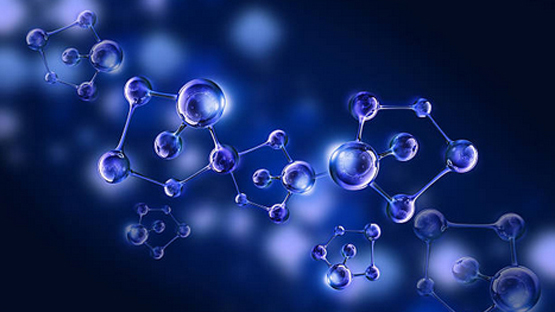Lunasin is a Powerful Antioxidant
 Free radicals are spawned in the body by a wide range of triggers — everything from smoke and unhealthy foods to sunshine and air. Free radicals are also formed routinely during metabolism. Antioxidants in our diet work to neutralize these cell-damaging invaders and include nutrients such as beta carotene, vitamin C, vitamin E, and many more.
Free radicals are spawned in the body by a wide range of triggers — everything from smoke and unhealthy foods to sunshine and air. Free radicals are also formed routinely during metabolism. Antioxidants in our diet work to neutralize these cell-damaging invaders and include nutrients such as beta carotene, vitamin C, vitamin E, and many more.
Lunasin, a naturally occurring peptide in soy, has been clinically shown to function as an antioxidant in three ways:
- Reduces oxidation of linoleic acid that produces oxygen radicals
- Acts like an oxygen radical scavenger (traditional antioxidant mechanism)
- Reduces oxygen radicals produced by macrophages. Macrophages are highly specialized cells that remove dying or dead cells and cellular debris.

Lunasin’s Antioxidant Research Studies
- Antioxidant activity and protective effects of peptide lunasin against oxidative stress in intestinal Caco-2 cells.
- Food-derived bioactive peptides on inflammation and oxidative stress.
- Lunasin peptide purified from Solanum nigrum L. protects DNA from oxidative damage by suppressing the generation of hydroxyl radical via blocking fenton reaction.
- Food Derived Bioactive Peptides on Inflammation and Oxidative Stress.
- Lunasin peptide purified from Solanum nigrum L. protects DNA from oxidative damage by suppressing the generation of hydroxyl radical via blocking fenton reaction.
- Antioxidant and anti-inflammatory properties of cancer preventive peptide lunasin in RAW 264.7 macrophages.
